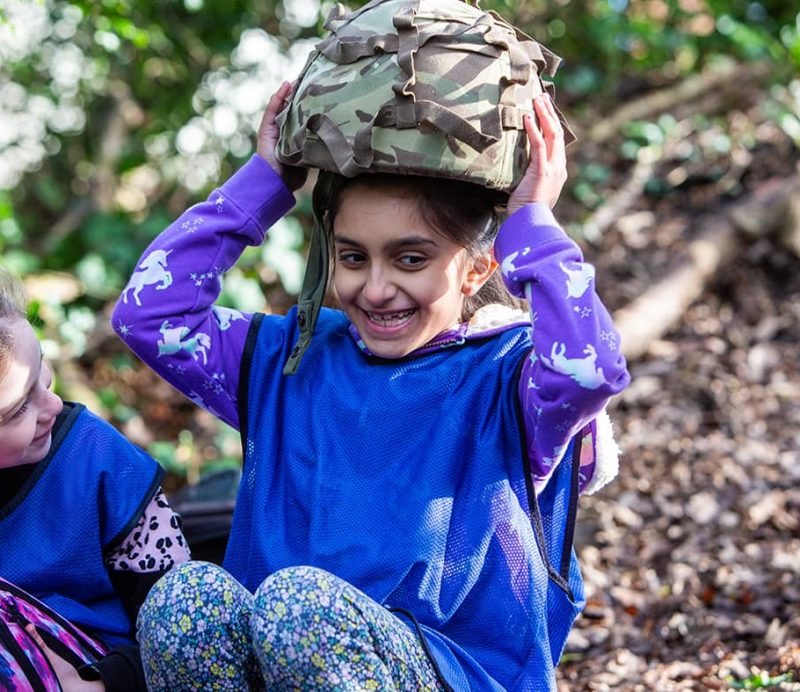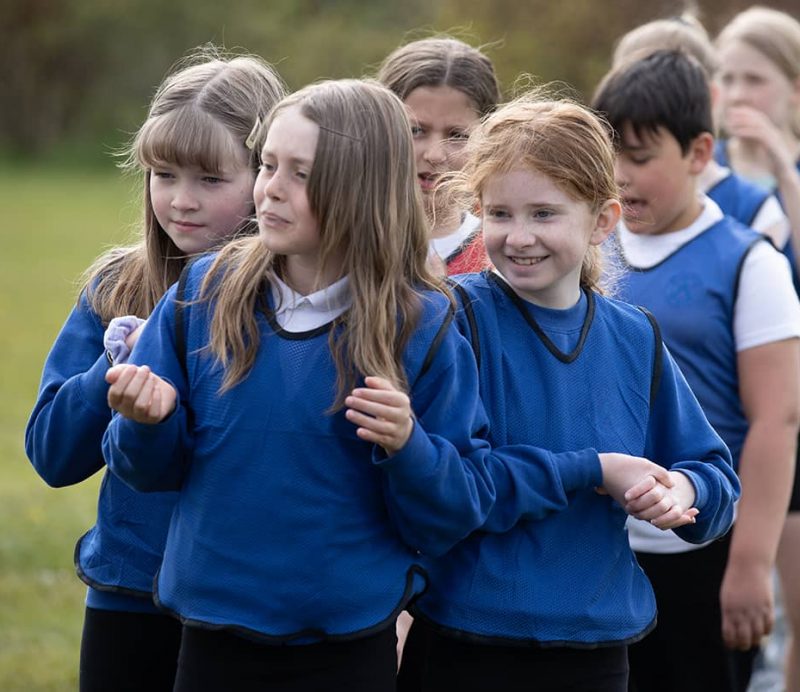Holistic Character Development
Through our diverse and engaging curriculum, learners
receive a unique learning experience with personal,
social, and cognitive development being the outcome
fundamentals. The curriculum is designed to improve an
array of education based competences, social skills, and
personal qualities, underpinned by character education
based values.
The one thing that the children keep coming back to is the element of strength of character and what that means. They have used the expression quite often when talking about characters. They definitely have another dimension in terms of how to consider their own qualities and those of others.
Caslon Primary School


The Department for Education identify four important aspects that character, a complex concept, can overlap and support the development of learners through a number of facets;
The ability to remain motivated by long-term goals, to see a link between effort in the present and pay-off in the longer-term, overcoming and persevering through, and learning from, setbacks when encountered;
The learning and habituation of positive moral attributes, sometimes known as ‘virtues’, and including, for example, courage, honesty, generosity, integrity, humility, and a sense of justice, alongside others;
The acquisition of social confidence and the ability to make points or arguments clearly and constructively, listen attentively to the views of others, behave with courtesy and good manners, and speak persuasively to an audience;
An appreciation of the importance of long-term commitments which frame the successful and fulfilled life, for example, to spouse, partner, role or vocation, the local community, to faith, or world view. This helps individuals to put down deep roots, and gives stability and longevity to lifetime endeavours.
Mental and Physical Health
MPCT Young Leaders places a large emphasis on developing the knowledge and understanding of adopting a healthy lifestyle. Learners are taught through an active delivery approach, supporting physical literacy, emphasising the importance of nutrition, how to exercise effectively, and the continual development of key fitness attributes.
‘Schools have an important role to play in reinforcing these messages. They also have responsibility for a curriculum that gives children a solid body of knowledge about healthy living and the skill to pursue it. Children need to learn how our bodies work, why physical health is important, and how to prepare food. They need to grow in competence in sport and physical pursuits so that being active is enjoyable for them, as well as challenging.’
Ofsted (Obesity, Healthy Eating and Physical Activity in Primary Schools)


The benefits of applied learning towards mental wellbeing are ever growing, and particularly pertinent in the early years of schooling and child development. The ability to make positive choices when faced with new environments, social groups, or challenges, requires directed focus and guidance to ensure learners can develop positive behaviours and practices.
‘All schools are under a statutory duty to promote the welfare of their pupils, which includes: preventing impairment of children’s health or development, and taking action to enable all children to have the best outcomes.’
Department for Education
(Mental Health and Behaviour in Schools)
